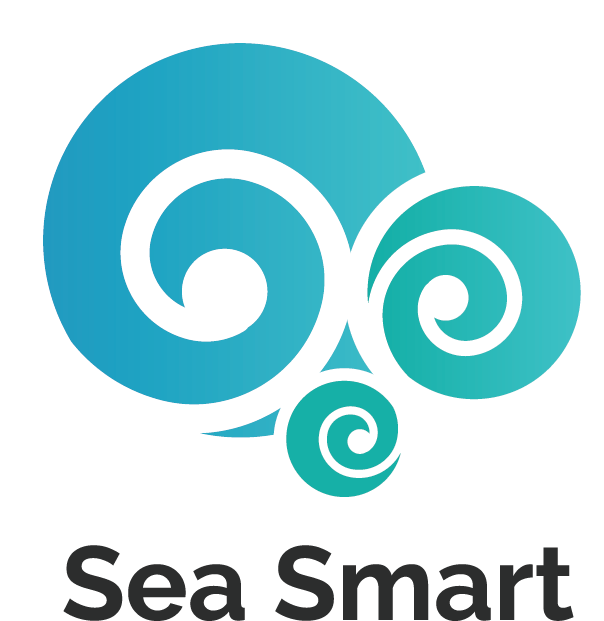Marine Biologist in Training: Addressing Gender Equality in STEM
By Willow Beck, Project and Administrative Coordinator, Sea Smart
WHAT IS STEM?
STEM stands for Science, Technology, Engineering, and Mathematics. These disciplines are vital to succeed in a quickly developing world. STEM education develops critical thinking, creativity, and problem-solving skills that are essential in the workplace and everyday life. Learning skills and characteristics developed through STEM education is necessary for everyone. This is why access to STEM programs is so vital. STEM education shows children how their learning goes beyond the classroom. Canadians are also expanding STEM learning initiatives through organizations like Canada 2067.
GENDER EQUALITY IN STEM
While everyone must learn skills in STEM, the number of women that pursue STEM careers is far lower than men. Though the number of women graduating from STEM disciplines at the post-secondary level is climbing in Canada, there is still a long way to go to close the gap. Women only make up 25% of the STEM workforce in Canada - a disparity that is worse in British Columbia, where women only account for 20% of the STEM workforce (1). This underrepresentation also exacerbates the gender pay gap, because STEM careers are the highest-paid.
Why aren't more women pursuing STEM careers? Statistics show more men than women are enrolling in STEM programs at the post-secondary level after high school (2). Some women cite a loss of interest in the curriculum. Being outnumbered by male peers causes feelings of isolation. When girls aren't exposed to other women working in STEM, they don't see how a STEM career can improve their lives (2).
How can our society address this disparity and encourage girls and women to challenge the stereotype that STEM careers are for men? Organizations such as SCWIST (Society for Canadian Women in Science and Technology) are working to support women and girls through education, mentorship, and advocacy. We need to show girls at a young age that STEM careers are viable options for them, and continue to support them throughout their career.
WHAT ABOUT SEA SMART?
The oceans are facing many challenges. If we are only equipping a small part of our population to find solutions, oceans will not survive. We need to empower all genders to face these challenges so that oceans can thrive.
Sea Smart is addressing the gender disparity in STEM with our Marine Biologist in Training (MBIT) online program. Girls will learn about the scientific method, marine sciences, and careers in marine-related STEM fields. Professional women from a wide range of STEM fields will meet with the girls as guest speakers to discuss their work and answer questions. We hope that MBIT will inspire girls to pursue STEM careers and provide a space where their passion for marine science can flourish. If you know any girls aged 8 to 12 who would love this program, please let them know. Registration is open now with the first camp starting July 20th. We're also offering a 10% discount until July 15th!
Are you interested in ways you can help support MBIT or one of Sea Smart’s other programs? Apply to volunteer with us today!
*NOTE: Marine Biologists in Training camps are for girls only to help address the vast underrepresentation of girls in science-related fields. Sea Smart embraces an inclusive definition of “women” and “girls” that includes people who identify as women, girls, trans, gender queer, gender non-binary, Two-Spirit, and gender questioning. An inclusive environment means all participants feel safe and supported however they may identify.
REFERENCES
Vancouver Sun: Women in leadership delivering innovation in STEM. March 6, 2020. Retrieved from https://vancouversun.com/technology/women-in-leadership-delivering-innovation-in-stem
Vancouver Magazine: Why aren’t more women studying STEM in Canada? May 31, 2019. Retrieved from https://www.vanmag.com/why-arent-more-women-studying-stem-in-canada



